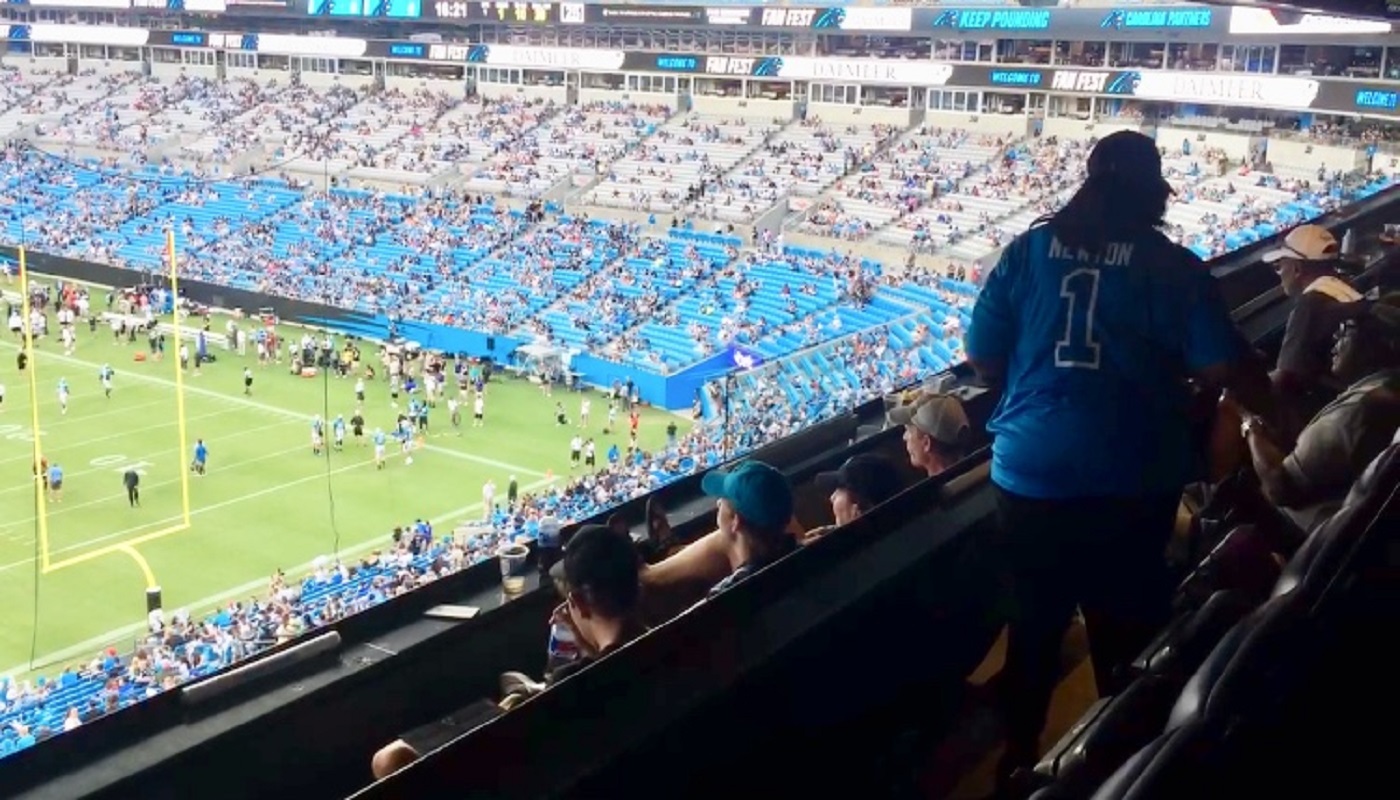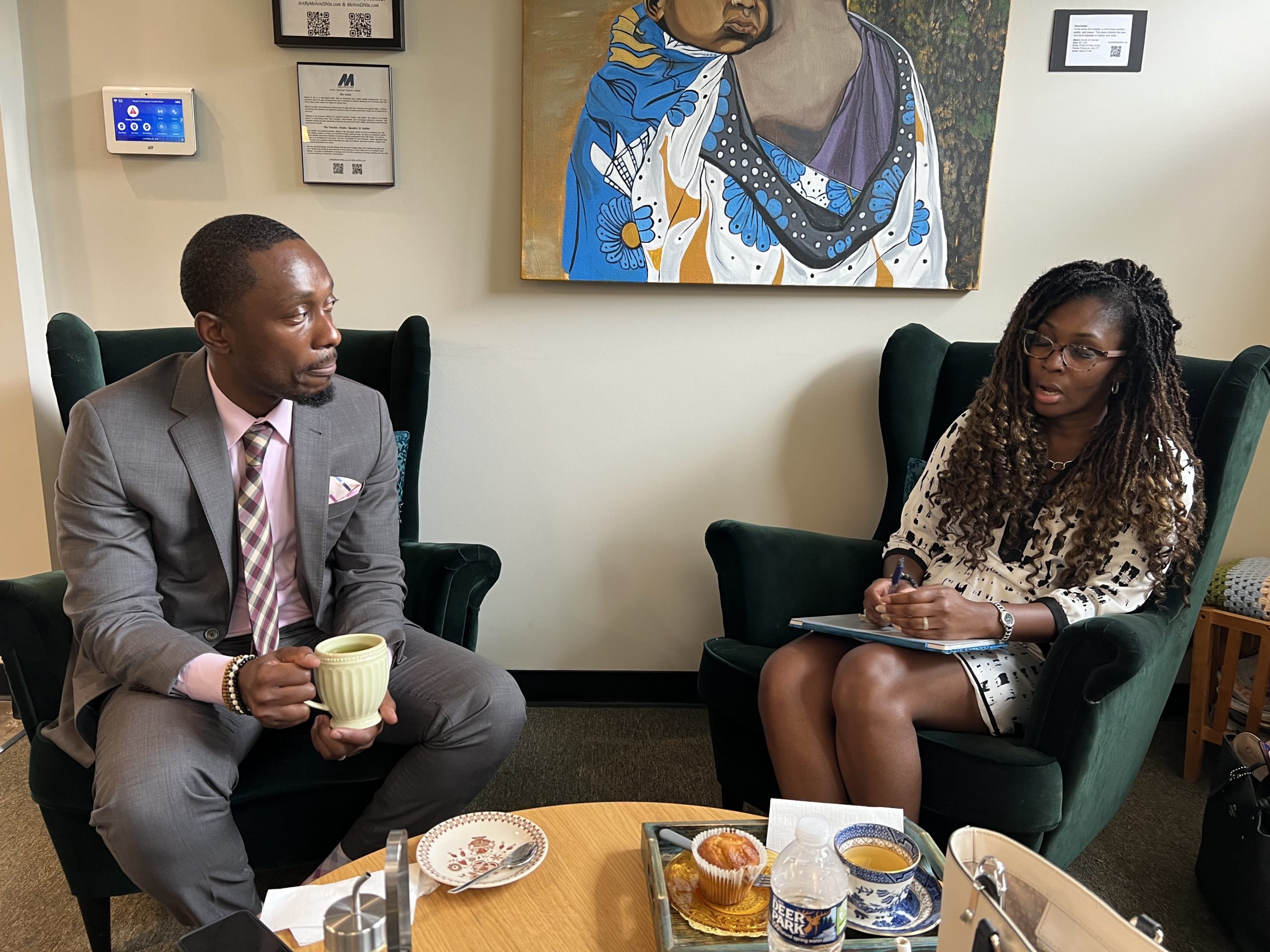
Capacity-Building 101: Shaping Nonprofits into Forces for Good
United Way of Central Carolinas is committed to giving organizations across the Charlotte region the tools, resources and opportunities to build capacity, maximize impact of services and affect agency-level change.
From identifying tactics for fundraising management to improving how program outcomes are measured, capacity-building training helps nonprofits and their leaders develop knowledge that can strengthen their ability to deliver on their mission. Capacity-building training also provides nonprofits with skills needed to bring them to the next level of operational, programmatic and/or financial maturity.
Unite Charlotte capacity-building
Through capacity-building training like the Duke Nonprofit Management Intensive Track Program, United Way of Central Carolinas helps its Unite Charlotte partners ensure future sustainability and have a greater impact in the community. Founded in 2016, Unite Charlotte provides funding and capacity-building programs to grassroots organizations in Charlotte that are advancing racial equity and addressing economic mobility.
The Duke program, currently offered virtually, comprises eight sessions exploring key areas of nonprofit management—board development and governance, grantwriting/fundraising, planning and evaluation, integrating social enterprise, employment law, human resource development, financial management and sustainable strategic planning. After successfully completing the program, participants earn a certificate in nonprofit management from Duke University’s Center for Continuing Studies.
Boosting organizational engagement
Monique Douglas, executive director of Grooming Greatness Foundation, said one of her biggest takeaways from the Duke program is knowing how to more effectively engage board members. In the seven years of running her nonprofit that educates and empowers youth with communications skills, etiquette knowledge and business savviness, Douglas has learned that people join the board for many different reasons.
“I now have clearer directives in writing, better communication and ways to keep board members engaged. I’m going into my next board meeting with a whole new mindset,” Douglas said. “The Duke training also has made me better at evaluating the best placement for a person. I’ve learned that I have to work with people according to where they are with their skill set. Sometimes they may be a good fit for the board, but others may be better suited to an advisory committee or a volunteer committee.”
Reframing how to engage with internal stakeholders has been a significant strategy that participant Jonathan Gardner has learned through the Duke program. Gardner is the executive director of GardHouse Limited, a nonprofit offering college students of color internships, professional development and workplace experience to help increase post-graduation employment opportunities.
“When creating an agenda, we never thought through how each meeting attendee could play a role. Before, our meetings consisted of updates and lacked discussion around moving forward,” Gardner said. “With the insights gained from the Duke program, we’ve been able to grow attendee engagement by creating intentional interaction to identify the next steps.”
Learning valuable lessons
After the first few sessions of the Duke program, Douglas said she already found the training to be of significant value to her nonprofit. Another important lesson she has learned is how a nonprofit’s success needs to be evaluated beyond a financial viewpoint. It is also the number of lives the nonprofit impacts each year and how those lives are impacted, she said.
Navigating some learning curves as a newcomer to the nonprofit arena, Gardner echoes the valuable lessons he learned early on during the first sessions of the Duke program. The training has enhanced his ability to lead GardHouse Limited, matching his passion for workforce development with the practical experience needed to expand the nonprofit’s impact in the community.
Providing guidance and leadership
Through capacity-building opportunities, United Way of Central Carolinas also works to provide guidance and strengthen the leadership capabilities within Unite Charlotte organizations in order to grow a more diverse and inclusive pipeline of leaders for Charlotte’s nonprofit sector.
“United Way offers more than just grants; they take what they’ve provided and expand on it with training and mentorship, making their staff available as resources to help you scale and grow your nonprofit,” Douglas said. “These things really mean a lot. Even when you’re the founder of an organization, you need some guidance, too.”
“United Way has been an amazing partner in the fight for social capital. They are unlocking doors to funding and other organizations to partner with to create meaningful experiences for all target demographics,” Gardner added. “Without United Way’s support, GardHouse would still be fighting an uphill battle to ensure that college students of color received the needed support.”
Learn more about United Way of Central Carolinas supporting nonprofits through its Unite Charlotte program.




